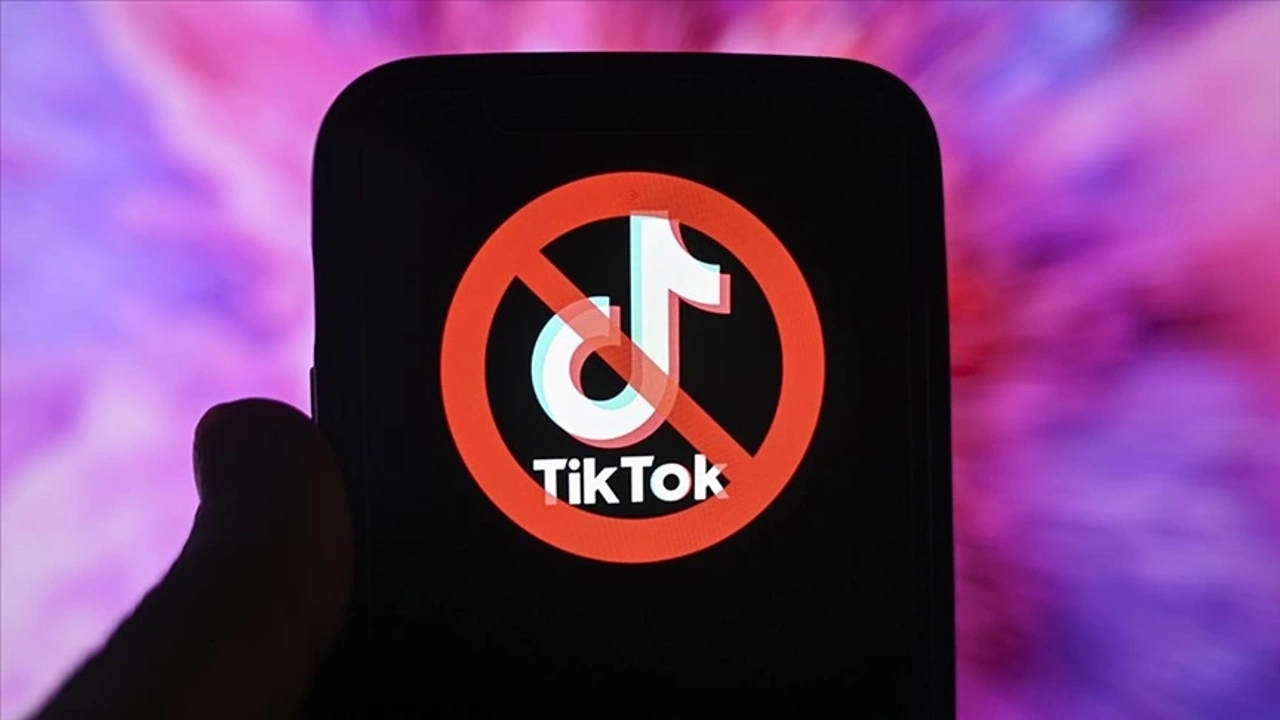There is a growing debate about the TikTok ban in Germany. This issue, which has already been discussed in the USA for a while, has also come to the fore among German politicians. The Chinese company that owns the app Bytedancefacing strong political headwinds.
TikTok ban is being discussed in Germany! What will be the result?
handelsblatt According to the newspaper, the main concern is The amount of data TikTok collects. Platform, “data dust bag” It is defined as . The German domestic intelligence service also shares this view. The possibility of TikTok being used for state purposes in China is also among the concerns.
Politicians think better regulation would be better than prohibition. They can use the European Union’s new Digital Services Act (DSA) for this purpose. This law orders internet giants to more effectively monitor illegal content and misleading information.
In the USA, the situation is at a more advanced stage. The US government gives Bytedance an ultimatum: Either they sell TikTok’s US business within six months or the app will be banned from Google and Apple’s app stores. Joe Biden expects the Senate to approve this proposal.
These developments could have significant implications for TikTok users and political leaders in Germany. Considering TikTok’s billions of users and its growing popularity in Germany, the implementation of this ban could have a huge impact and change the general approach to the use of digital platforms.

The possibility of TikTok being banned in Germany is triggering a wide-ranging debate on the use and regulation of digital platforms. If the ban were to occur, it could profoundly affect both users’ social media habits and government control of online content.
This could lead to the setting of new standards in data privacy and digital security and a re-evaluation of the role of digital platforms in international relations. This debate also causes us to question the ethical and legal limits of state intervention in social media platforms.

